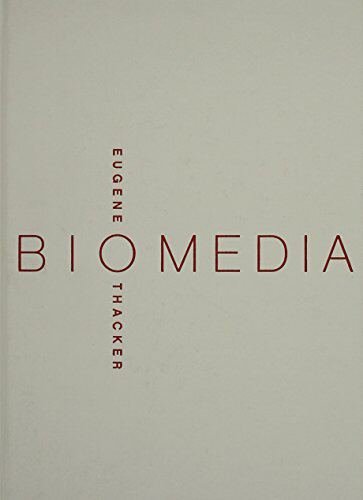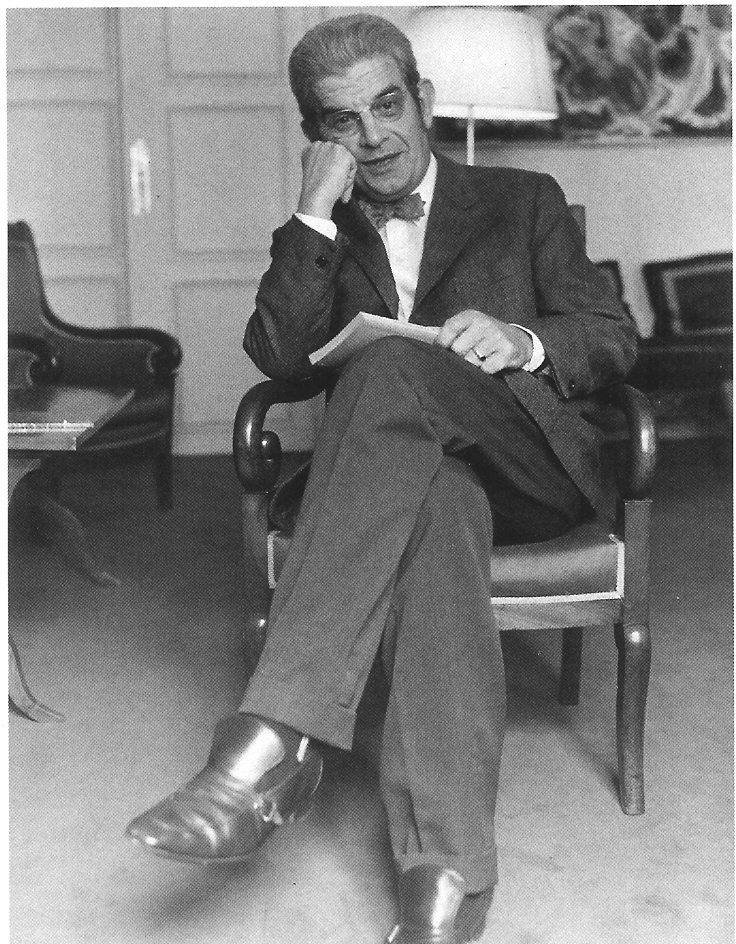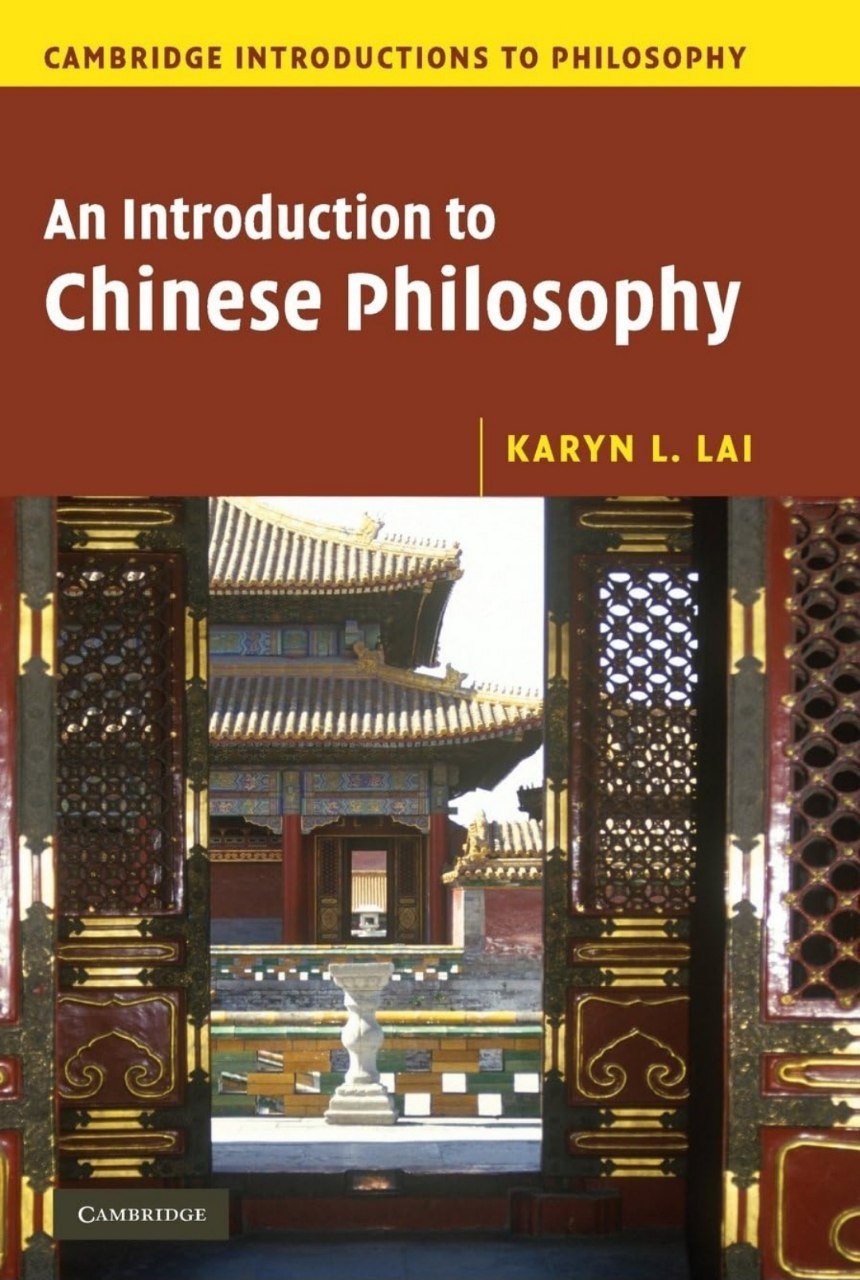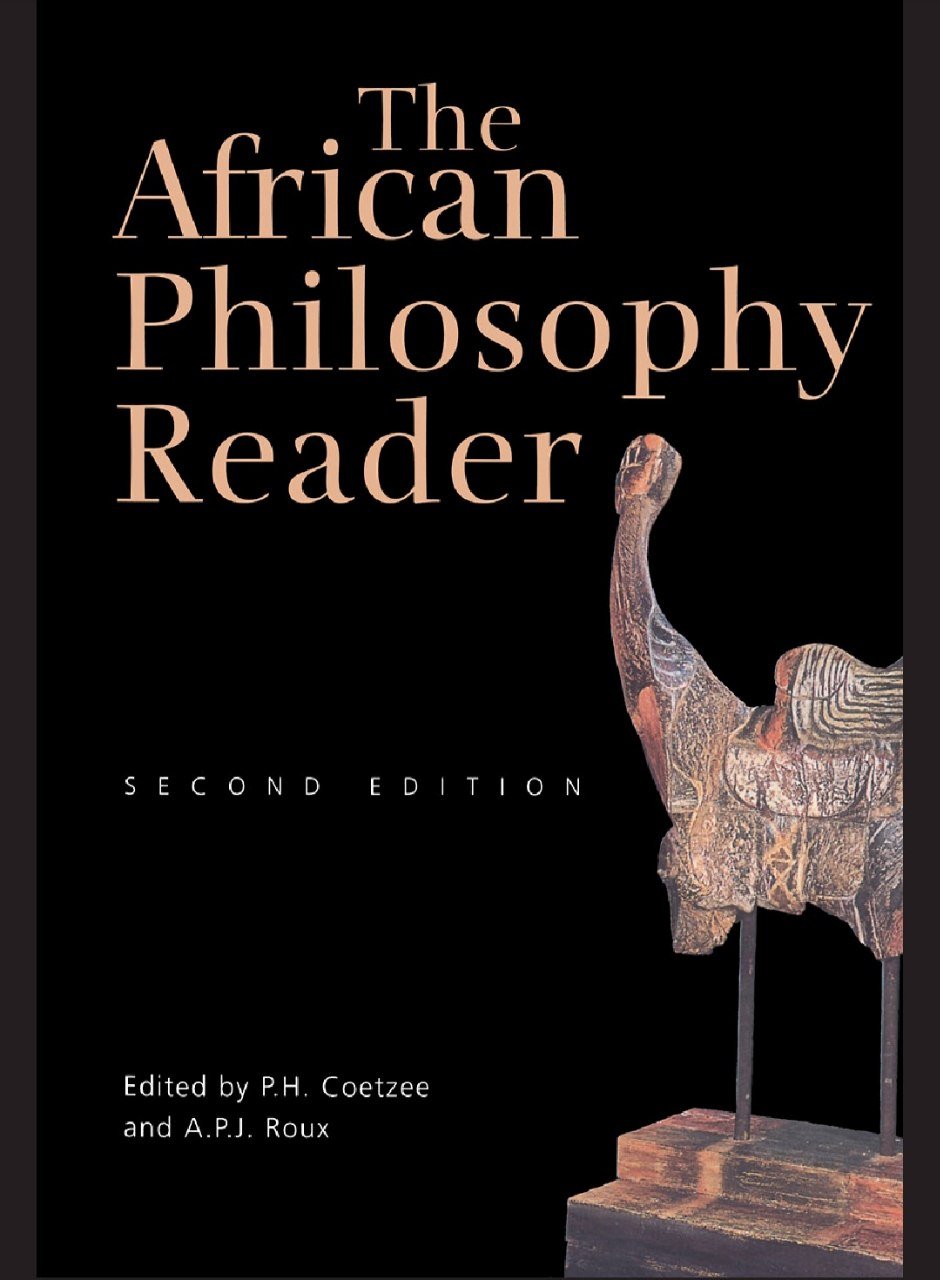

Leibniz: Protestant Theologian by Irena Backus
Reviews
No review yet. Be the first to review this book!
Description
Leibniz: Protestant Theologian by Irena Backus offers a comprehensive and insightful exploration of Gottfried Wilhelm Leibniz’s theological thought and its central role in his intellectual project. Contrary to the common portrayal of Leibniz purely as a rationalist philosopher and mathematician, Backus argues that his theological commitments as a Protestant thinker deeply influenced his metaphysical system, ethical principles, and political philosophy. In this scholarly work, Backus examines Leibniz’s engagement with Protestant theology, particularly his efforts to reconcile the fragmented Christian confessions of his time. She highlights his involvement in ecumenical dialogues aimed at bridging divides between Lutherans, Calvinists, and Catholics. The book delves into how his theological vision was rooted in the ideal of Christian unity, peace, and rational religion—beliefs that shaped his broader intellectual endeavors. Backus also investigates Leibniz’s views on key theological issues such as the nature of God, divine justice, grace, and free will. She contextualizes his optimism and his theory of the "best of all possible worlds" within Protestant theological debates on theodicy. Rather than viewing these doctrines as abstract philosophical constructs, Backus situates them within the context of Leibniz’s deep concern for defending the justice and benevolence of God against the backdrop of human suffering and religious conflict. The book further explores how Leibniz drew from and responded to the ideas of major Protestant reformers and theologians, as well as his criticisms of scholastic and Catholic dogmas. Backus demonstrates how his religious thought was inseparable from his work in metaphysics and ethics, arguing that his concept of harmony—whether in the universe, between souls and bodies, or among nations—was profoundly theological at its core. Leibniz: Protestant Theologian offers an original perspective on one of the early modern period’s most influential thinkers. Backus’s detailed and historically informed analysis reveals a dimension of Leibniz often overlooked: his role as a committed Protestant theologian working within, and trying to transcend, the sectarian disputes of his time. This book is essential reading for scholars of philosophy, theology, and the history of ideas, as well as for anyone interested in understanding the religious dimensions of Leibniz’s vast intellectual legacy.





















.jpg)

.jpeg)









.jpg)










.jpg)



.png)



.jpg)


.jpeg)










.jpg)
.jpg)










.jpg)
.jpg)


.jpeg)

.jpeg)




.jpeg)

















































